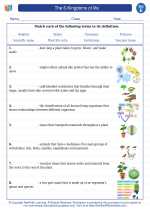Tropical Rainforest
A tropical rainforest is a lush, dense forest found near the equator. It is characterized by high rainfall, warm temperatures, and a wide variety of plant and animal species. Tropical rainforests are incredibly diverse and are home to more than half of the world's plant and animal species.
Climate
Tropical rainforests have a hot and humid climate with high rainfall throughout the year. The average temperature in these forests is around 77°F (25°C) and can often exceed 86°F (30°C). The high levels of rainfall, often exceeding 100 inches (250 cm) per year, contribute to the lush and dense vegetation found in these forests.
Flora and Fauna
The tropical rainforest is home to an incredible variety of plant and animal species. The dense vegetation provides a habitat for countless species of trees, plants, and flowers. The canopy, understory, and forest floor all support different types of plant life, creating a complex and diverse ecosystem. Similarly, the rainforest is home to a vast array of animal species including mammals, birds, reptiles, amphibians, and insects.
Importance
Tropical rainforests are often referred to as the "lungs of the Earth" because they play a crucial role in producing oxygen and regulating the global climate. They also provide a habitat for a significant portion of the world's biodiversity and are a potential source of medicines, food, and other resources. However, these ecosystems are under threat from deforestation, climate change, and other human activities.
Study Guide
- Describe the climate of tropical rainforests and explain its importance in supporting the ecosystem.
- List and describe some of the plant and animal species found in tropical rainforests, and explain how they have adapted to the environment.
- Discuss the significance of tropical rainforests in maintaining global biodiversity and the potential threats to these ecosystems.
- Research and present a case study on a specific tropical rainforest and the conservation efforts being made to protect it.
Remember to include specific examples and illustrations to support your answers!
[Tropical Rainforest] Related Worksheets and Study Guides:
.◂Science Worksheets and Study Guides Fifth Grade. The 6-Kingdoms of life
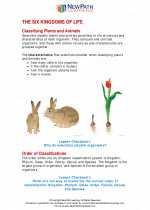
 Activity Lesson
Activity Lesson
 Worksheet/Answer key
Worksheet/Answer key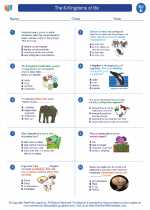
 Worksheet/Answer key
Worksheet/Answer key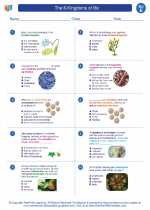
 Worksheet/Answer key
Worksheet/Answer key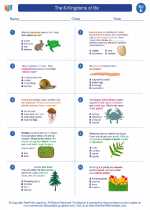
 Worksheet/Answer key
Worksheet/Answer key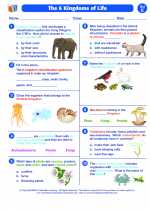
 Vocabulary/Answer key
Vocabulary/Answer key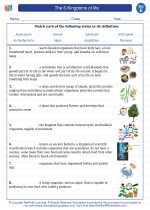
 Vocabulary/Answer key
Vocabulary/Answer key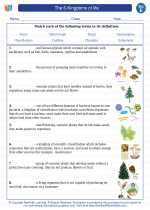
 Vocabulary/Answer key
Vocabulary/Answer key
 Vocabulary/Answer key
Vocabulary/Answer key